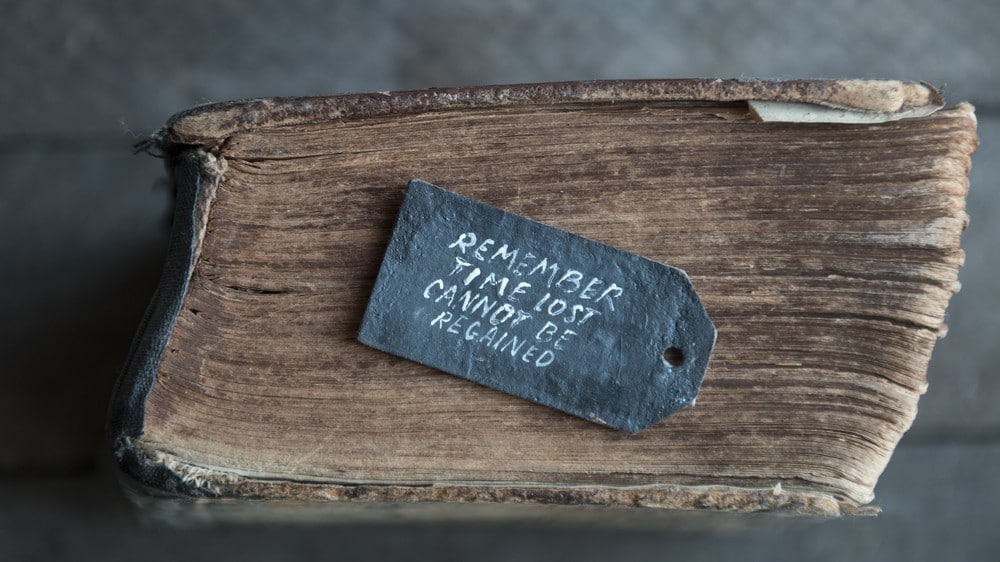Saving Samantha—the Lost Legacy
We met her in a restaurant in St. Petersburg. The weather was mild for February—just warm enough to eat dinner in the open air, if we had a heater nearby. People-watching comes at a premium at these sidewalk tables.
As we ate, Samantha caught our attention. She bustled about from table to table. She greeted us with youthful energy, took our order, made sure we had our cups filled, and smiled widely.
I caught her by surprise when I asked her to tell us her story. I don’t think anyone is really asked to tell their story—maybe their name or their occupation, but never their story. I could see the hesitation in her eyes. In some ways, no one wants to expose their story, but at the same time, everyone longs to be heard and known. Samantha was no different.
She told us that she was 25 years old (almost anyhow—her birthday was the next day). She loved to travel. So much to do. So little time. She wanted to travel the world. She was working and saving money so she could go on her next trip. Her boyfriend was from Bosnia. She hoped to visit, perhaps move there. Maybe one day she’d have children—when she was 35 years old! But for now, it was work and travel.
When I asked about her family, her eyes darkened a bit. Her dad left her mom when she was 2. She’d been on her own since 16. Her mom was a bit flighty, and there were other stepchildren, including one she didn’t know about until recently and had just met. She didn’t talk to her dad anymore. She was still angry at him.
Samantha stayed with us, chatting away to the point that a fellow server came and took away her water jug. Five minutes? Maybe ten minutes? We talked with Samantha until it was time to go. She had other tables to go to, and ultimately other countries. All we could do was to leave a tip and a note: “Happy birthday! May God bless you!”
It was a mixture of happy and sad—a young woman with drive and adventure, yet with great loss. She was stepping out bravely, making her own context. At the same time, she was missing her family context of tradition, of family gatherings, of birthday celebrations. She’d never know the joy of enduring family legacy.
Samantha would not be happy with my sadness for her. And I guess it’s not that I’m sad for her—I mean, she’s living life with great zest. In fact, I’m proud of her for not choosing despair in the midst of her challenges. But I’m sad about her. I’m sad that her dad left when she was 2, that her mom seemed so ill-equipped in her parenting, that she never fully connected with her siblings.
I’m sad for the legacy that was not.
Share this Post
Published April 19, 2016
Topics: Family Legacy

